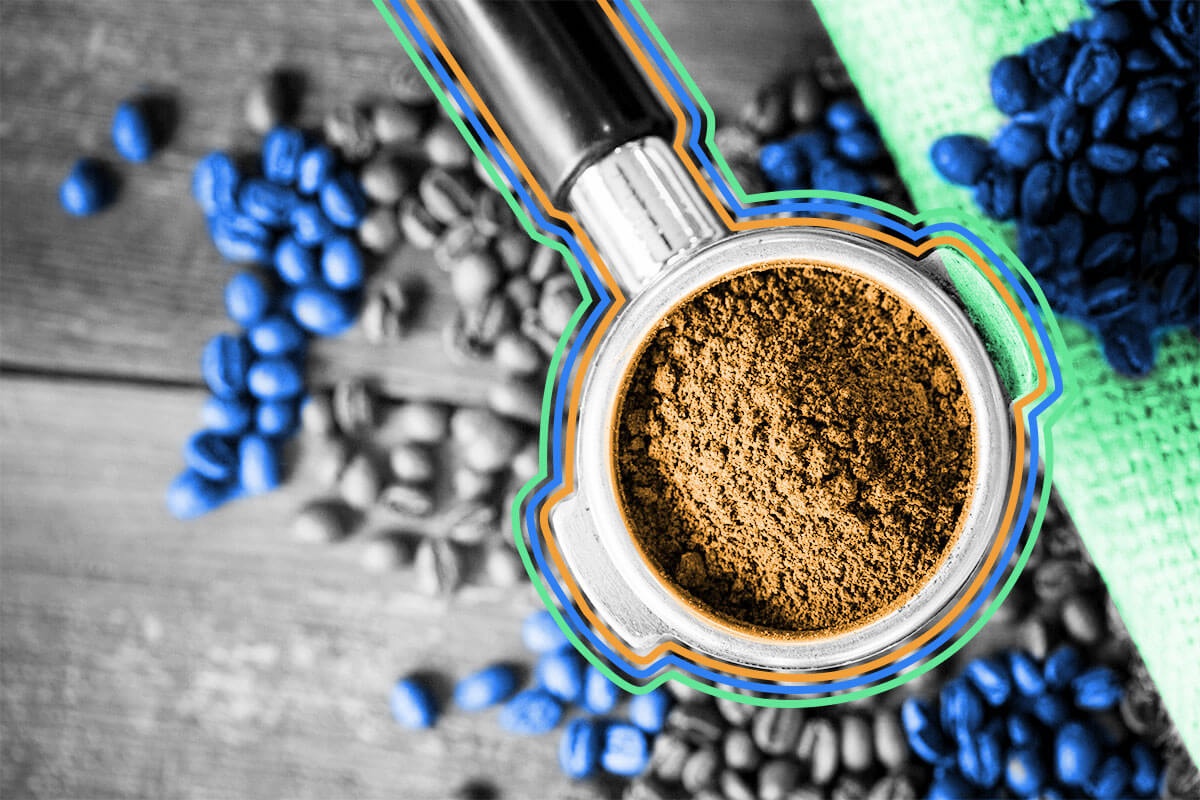Caffeine is a natural pesticide

Caffeine is a Natural Pesticide

Caffeine has become an integral part of our daily lives. From that morning cup of coffee to the afternoon pick-me-up, many of us rely on caffeine to boost our energy levels and keep us alert. But did you know that caffeine is not just a convenient stimulant for humans? It also acts as a natural pesticide for plants.

When we think of pesticides, we often imagine harmful chemicals that are used to protect crops from pests. However, plants have their own mechanisms to defend against insects and other threats, and caffeine is one of these natural defenses.
Research suggests that caffeine acts as a pesticide by paralyzing and killing insects that attempt to feed on the plant. Just like how caffeine stimulates our central nervous system, it also disrupts the nervous systems of pests. The caffeine interferes with the insects’ feeding behavior and triggers muscle spasms, eventually leading to their demise.
But why would plants produce caffeine as a pesticide? The answer lies in the evolutionary advantage it provides. By producing caffeine, plants can deter herbivores from eating their leaves or damaging their reproductive structures. This allows the plants to survive and reproduce successfully.
It’s important to note that not all plants produce caffeine as a pesticide. Some plant species have evolved different defense mechanisms, such as thorns or poisonous compounds. However, caffeine is a widely used defense mechanism in many species, including coffee plants, tea bushes, and cacao trees.
Caffeine’s role as a natural pesticide has implications beyond the plant kingdom. In recent years, scientists have been exploring the potential of using caffeine as an environmentally friendly alternative to synthetic pesticides. By harnessing caffeine’s insecticidal properties, researchers hope to develop more sustainable pest control methods that minimize the negative impact on the environment and human health.
In conclusion, caffeine is not just a stimulant for humans; it is also a natural pesticide for plants. Its ability to disrupt the nervous systems of insects and deter herbivores has made it a valuable defense mechanism in the plant kingdom. As we continue to explore sustainable pest control methods, caffeine’s role as a natural pesticide could prove to be an important avenue for reducing reliance on harmful synthetic pesticides.
Source: ScienceDaily
Related Posts
Quick Links
Legal Stuff

